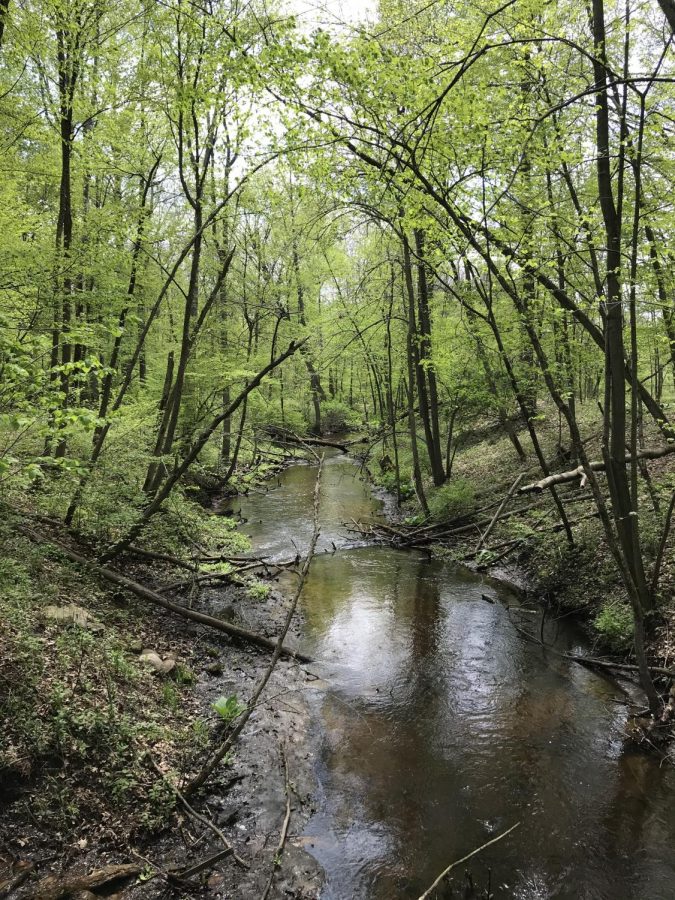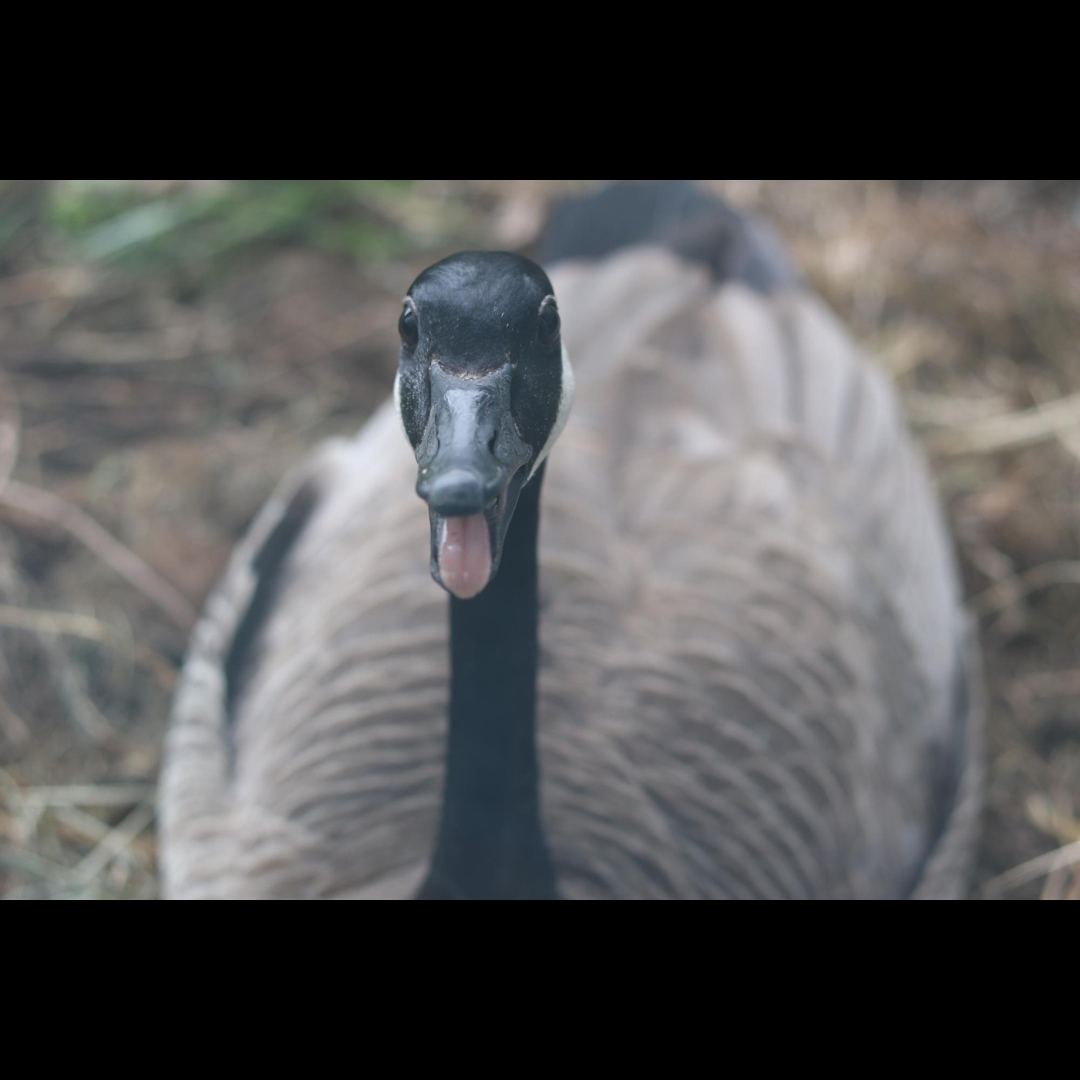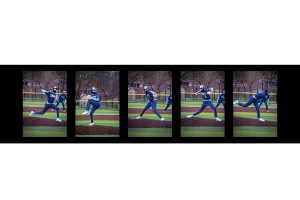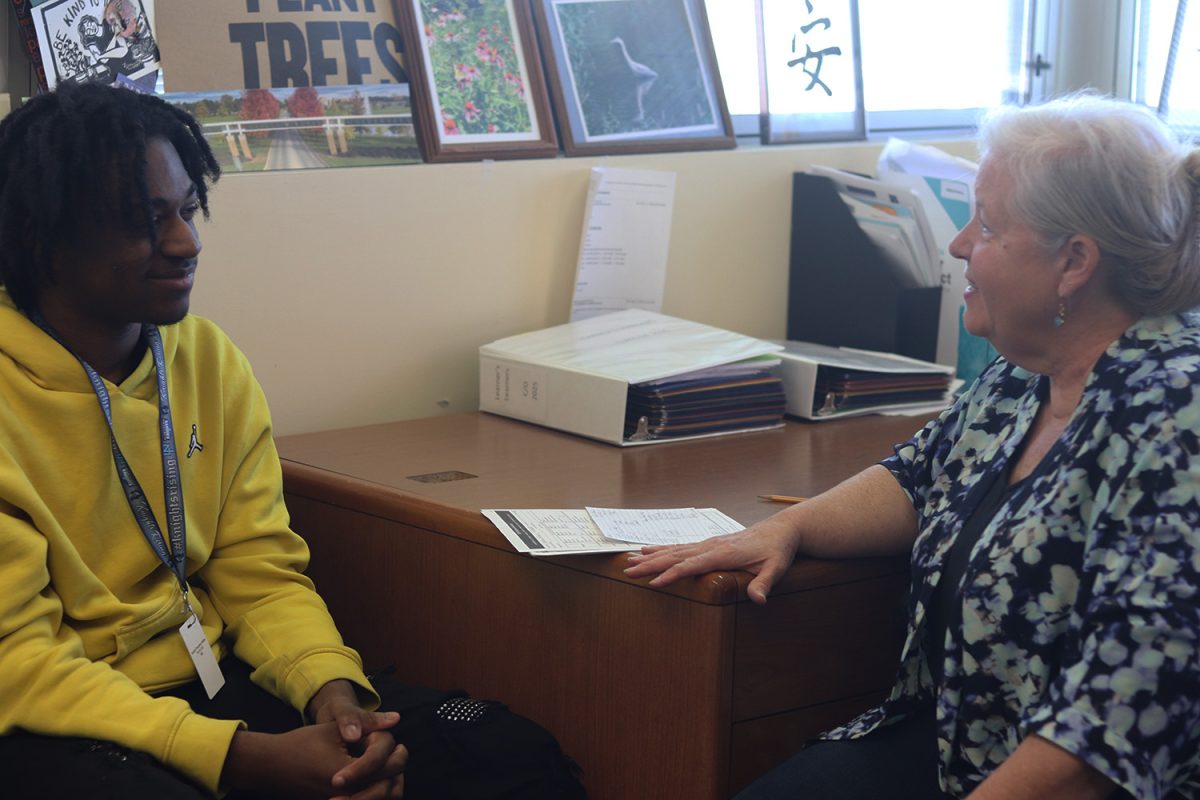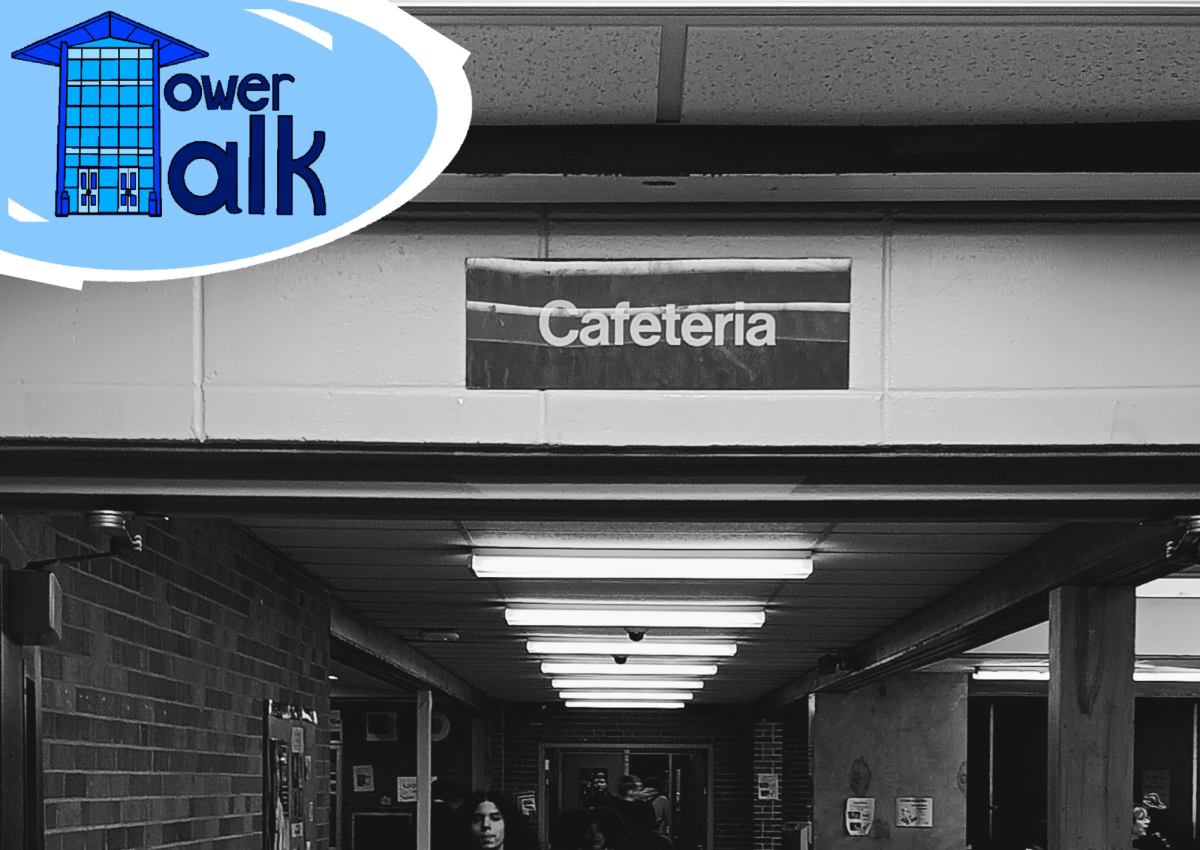The environmental impacts of quarantine are not what we thought they were
May 31, 2020
In the first few weeks of the quarantine caused by the ongoing COVID-19 pandemic, pictures and articles showing clean canals in Venice, Italy, reduced air pollution in over-populated cities, and free, unharmed wild animals were going viral.
This information sparked some hope among many humans around the world. They saw it as a light among the dark times that social isolation had brought upon us.
However, this information has brought on a false and frankly dangerous narrative that our environment is better than ever. We have been seeing the quarantine as salvation for our environment when it has actually been quite the opposite.

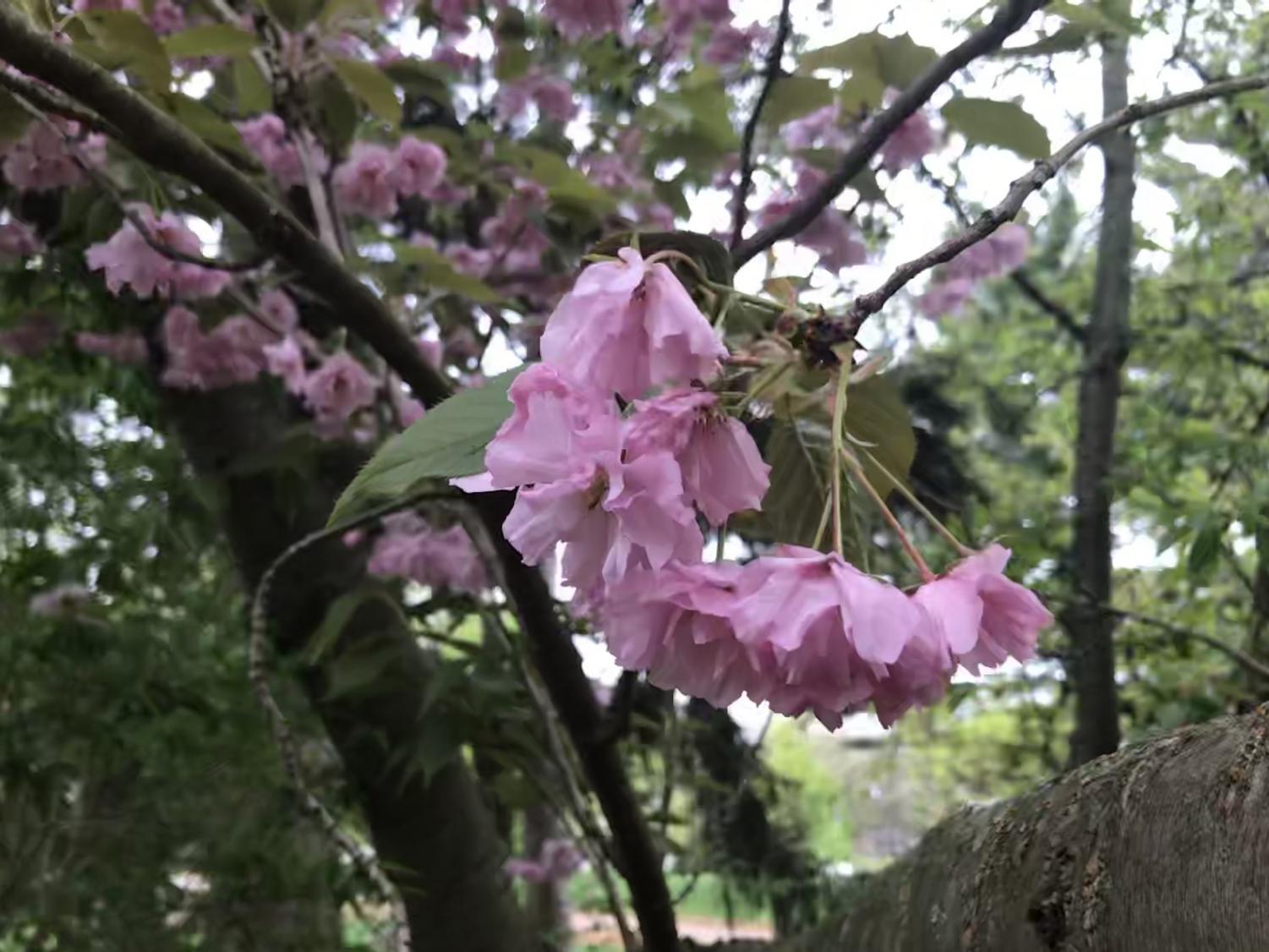
One of the common topics surrounding our environment is the reduced smog in China, who has emitted 35% less carbon since they began isolation.
According to the article, It’s dangerous to view COVID-19 as a solution to environmental issues, author Miranda Jackson-Nudelman stated, “such a dramatic decline in polluting emissions was an almost unintentional consequence of China’s strict nationwide quarantine regulations.”
China has a zero-contact policy put into place and has taken drastic measures to lessen the growing number of COVID-19 cases in the country. The effects that this decision had on the environment has caused the greater, more current issues to be ignored.
In Venice, Italy pictures have been posted of the once murky and polluted canals, clear and blue again. The posts have also shown wildlife, such as dolphins and swans, showing up in the canals. Presumably because of the lack of pollution. What is misleading about this viral media is that some of it has been proven as fake, while other occurrences have been blown out of proportion.
“The swans in the viral posts regularly appear in the canals of Burano, a small island in the greater Venice metropolitan area, where the photos were taken. The ‘Venetian’ dolphins were filmed at a port in Sardinia, in the Mediterranean Sea, hundreds of miles away,” wrote Natasha Daly in Fake animal news abounds on social media as coronavirus upends life from National Geographic.
Also, the ban has been lifted on plastic bags in many states because stores don’t want people bringing in their own bags that cashiers will have to touch. Starbucks has also temporarily banned the use of reusable cups in order to keep employees and customers safe.
“Add to that a rise in takeout and a ban on reusable cups and straws at the few coffee stores that remain open, and environmentalists worry COVID-19 could set back their efforts to tackle plastic pollution for years,” said reporter Gillian Flaccus in Pandemic deals blow to plastic bag bans, plastic reduction from AP News.
The attraction towards positive news during this turbulent time is understandable, but it is important to check the facts behind everything you read.


